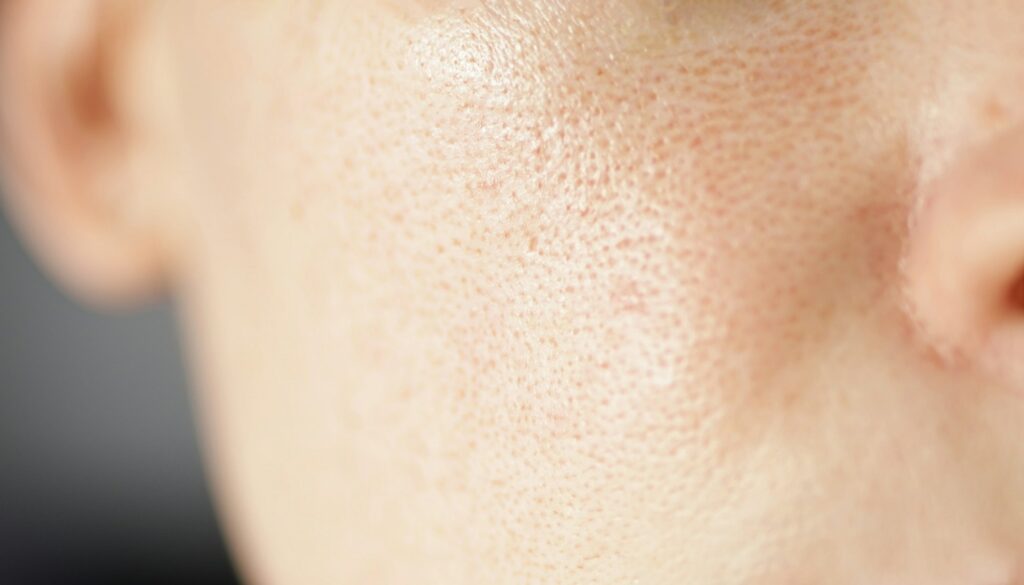Not known Factual Statements About benzoyl peroxide reaction
Not known Factual Statements About benzoyl peroxide reaction
Blog Article

Allergic Response to Acne Medication
Acne is a typical pores and skin ailment that has an effect on an incredible number of individuals worldwide. Whilst you'll find many therapies readily available, ranging from above-the-counter creams to prescription drugs, not all therapies are ideal for everyone. Just one considerable problem may be the likely for an allergic reaction to acne medication. This information will explore what an allergic response to acne medication involves, the signs to watch out for, and the way to regulate and prevent these reactions.
Understanding Allergic Reactions
An allergic reaction occurs when the immune process mistakenly identifies a harmless material as being a menace and responds by releasing chemical compounds like histamines. These chemicals cause symptoms that will range between moderate to significant. On the subject of acne medication, the substances in these products can occasionally result in an allergic response.
Widespread Acne Drugs
Just before diving into allergic reactions, it's critical to be familiar with the kinds of acne prescription drugs that are commonly utilized:
Benzoyl Peroxide: An more than-the-counter procedure that kills bacteria and dries out the skin. Salicylic Acid: Another in excess of-the-counter choice that can help to exfoliate the skin and unclog pores. - Retinoids: Prescription medications that advertise mobile turnover and prevent clogged pores.
- Antibiotics: The two topical and oral antibiotics is usually prescribed to reduce microorganisms and inflammation.
Hormonal Remedies: Prescription drugs like birth Command products that control hormones and decrease acne.
Indicators of an Allergic Response to Acne Medication
Recognizing the indications of the allergic response to acne medication is essential for timely intervention. Indications could vary with regards to the personal and the precise medication but generally include:
Skin Redness: Crimson, inflamed skin is a common indicator of an allergic reaction. Itching: Persistent itching can reveal an allergic reaction. Swelling: Swelling from the face, lips, or tongue can be a critical symptom.Rash: A rash or hives may well create about the pores and skin. - Trouble Respiratory: In extreme circumstances, an allergic reaction could potentially cause trouble respiration, which involves fast medical awareness.
Case Scientific tests and Figures
To higher understand the prevalence and influence of allergic reactions to acne medication, Let's take a look at some circumstance scientific tests and figures:
Case Analyze 1: Benzoyl Peroxide Allergy
A 17-year-old female begun employing a benzoyl peroxide-based acne cure. Within just a few days, she found critical redness and itching on her experience. Upon consulting a dermatologist, she was diagnosed using an allergic reaction to benzoyl peroxide. She was advised to discontinue the medication and change to the milder, non-allergenic therapy.
Case Analyze two: Retinoid Reaction
A 22-calendar year-previous male was prescribed a retinoid cream for severe acne. After a 7 days of use, he developed a rash and swelling all around his eyes. His dermatologist verified an allergic reaction to your retinoid and recommended an alternative treatment method system.
Studies
Based on a examine printed within the Journal from the American Academy of Dermatology, roughly five-ten% of individuals applying topical acne solutions knowledge some type of allergic reaction. Though most reactions are gentle, about 1-2% of situations is usually extreme, necessitating speedy professional medical intervention.
Managing Allergic Reactions
Should you suspect that you will be experiencing an allergic response to acne medication, It truly is essential to choose speedy action:
Discontinue Use: Quit utilizing the medication quickly. Consult a Healthcare Specialist: Seek out information from the dermatologist or Health care company. Use Antihistamines: Over-the-counter antihistamines may help relieve mild signs.Implement Cold Compresses: Chilly compresses can decrease swelling and itching.Look for Unexpected emergency Treatment: In the event you encounter critical symptoms like problems respiration, find crisis healthcare treatment promptly.
website link
Preventing Allergic Reactions
Avoidance is always much better than treatment. Below are a few strategies to aid stop allergic reactions to acne medication:
Patch Examination: Normally conduct a patch exam ahead of utilizing a new acne medication. Utilize a small volume to your discreet region of pores and skin and hold out 24-48 hours to find out if any reaction occurs. Read Labels: Cautiously read through the component listing on acne prescription drugs to recognize likely allergens. Consult with a Dermatologist: Before beginning any new treatment method, seek advice from a dermatologist to be sure It truly is ideal for your skin form. Begin Slowly and gradually: Introduce new medicines progressively to monitor how your skin reacts. Use Hypoallergenic Goods: Choose hypoallergenic acne remedies that are more unlikely to trigger allergic reactions.
Alternative Treatments
Should you have experienced an allergic response to classic acne medicines, you can find different treatment plans accessible:
Pure Solutions: Elements like tea tree oil, aloe vera, and honey have anti-inflammatory and antibacterial Homes that can help handle acne with out causing allergic reactions. Mild Therapy: Blue mild therapy can kill acne-producing germs without the use of chemicals. Dietary Alterations: In some cases, dietary alterations can assist deal with acne. Lowering sugar and dairy intake has been demonstrated to enhance pores and skin overall health in certain men and women.
Conclusion
Allergic reactions to acne medication might be distressing, but they are manageable with the ideal information and safeguards. By understanding the signs, using quick action, and consulting Health care experts, it is possible to correctly regulate and forestall allergic reactions. Generally conduct patch assessments, go through labels, and seek advice from a dermatologist before beginning any new therapy. If common acne medications usually are not well suited for you, think about choice remedies which are not as likely to lead to allergic reactions. Your journey to clear pores and skin does not have being hindered by allergy symptoms; with the ideal approach, you could find a treatment method that works for you. Report this page